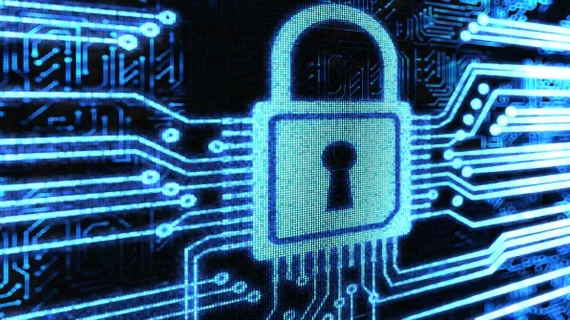FDA, DHS expand ongoing efforts to tackle medical device cybersecurity
The FDA’s Center for Devices and Radiological Health and the U.S. Department of Homeland Security (DHS)’s Office of Cybersecurity and Communications are expanding their ongoing efforts by implementing a new collaborative federal framework to address cybersecurity in medical devices.
The agreement—announced in an FDA press release published Oct. 16—is meant to increase information sharing about medical device cybersecurity vulnerabilities and threats, enhance shared technical capabilities, such as assessing levels of risk a potential vulnerability may pose to patient safety and coordinate appropriate device testing.
“Our strengthened partnership with the DHS will help our two agencies share information and better collaborate to stay a step ahead of constantly evolving medical device cybersecurity vulnerabilities and assist the health care sector in being well positioned to proactively respond when cyber vulnerabilities are identified,” FDA Commissioner Scott Gottlieb, MD, said in a prepared statement. “This agreement demonstrates our commitment to confronting cybersecurity risks and the unscrupulous cybercriminals who may seek to put patient lives at risk.”
Specifically, under the new agreement the DHS will continue to consult with the FDA for technical and clinical expertise regarding medical devices and coordinate and enable information sharing between medical device manufacturers, researchers and the FDA.
In turn, the FDA will continue to advise the DHS what risks cybersecurity threats and vulnerabilities can pose to patient health.
“Ensuring our ability to identify, address and mitigate vulnerabilities in medical devices is a top priority, which is why DHS depends on our important partnership with the FDA to collaborate and provide actionable information. This agreement is another important step in our collaboration,” said Christopher Krebs, undersecretary for the National Protection and Programs Directorate at the DHS. “DHS has some of the top experts on control systems technology and we look forward to continuing to leverage this expertise for the sake of improving the lives and safety of people across the country.”

